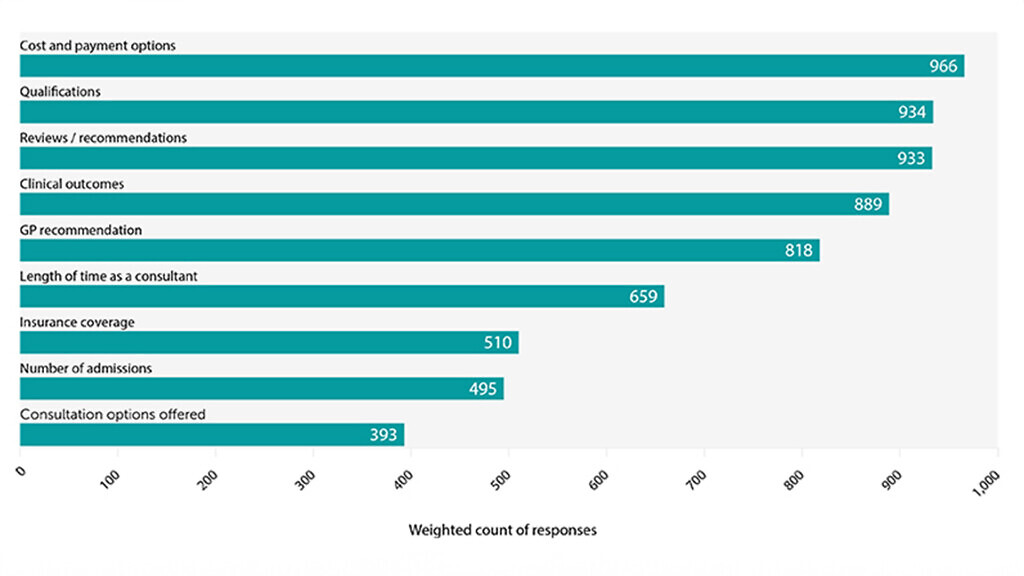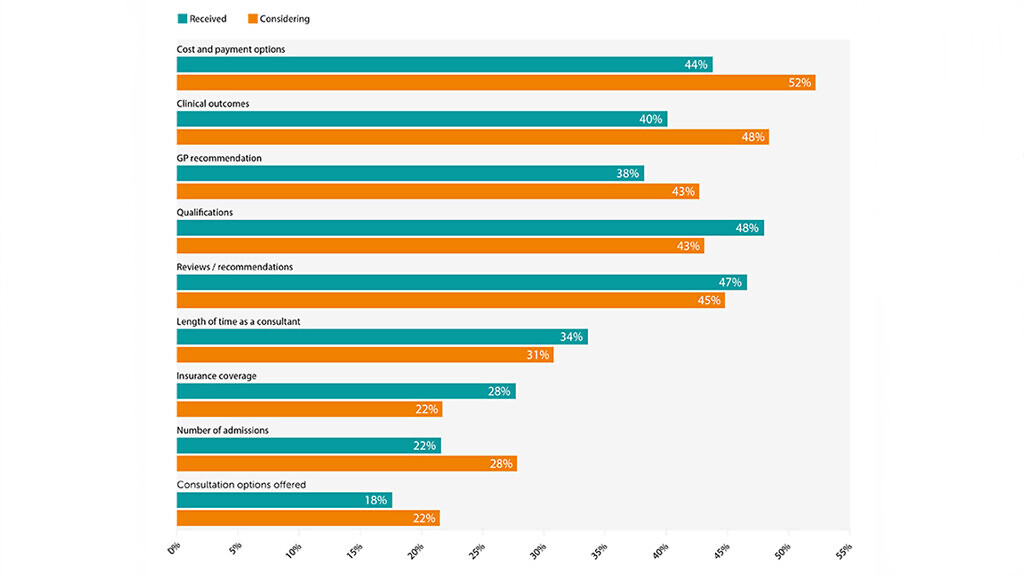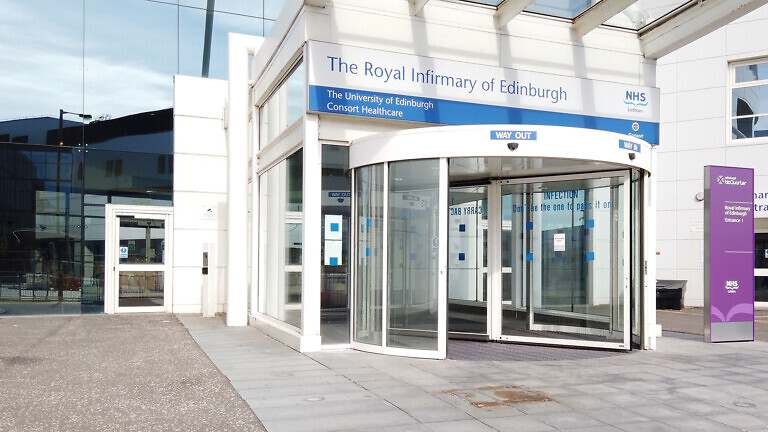New research compiled from contacts with hundreds of patients provide a unique insight into what they want to know about consultants before considering approaching them for private treatment.
Findings of the unprecedented survey commissioned by the Private Healthcare Information Network (PHIN) give specialists a useful marketing check-list to help turn potential inquiries into business.
The data collection body said feedback from focus groups and a YouGov survey, gathering opinions from over 2,000 people, showed patients do substantial research into their private healthcare.
Reporting on the results, it says: ‘For focus group participants, this was particularly about their consultants. Therefore, how consultants first present themselves to potential patients – for example, on PHIN’s website – is critical.
‘If a patient wants to meaningfully compare several consultants before proceeding, this will require time and expense; so really exercising “choice” at this stage is challenging, reinforcing the importance of the information available online.
‘Patients primarily want to know up-to-date information on how good a consultant is, how many procedures they’ve carried out, their outcomes and patient satisfaction ratings.’
Shop window
Survey participants urged consultants to invest in their ‘shop windows’, including participation in legally mandated processes like PHIN and providing information to add a human touch to their clinical presentation.
What patients consider desirable details for consultants to include in their marketing material include:
- Career history and training
- How long they have practised
- Their areas of specialisation
- Any societies they belong to
- What organisations they currently work with
- Their involvement in clinical research and use of the latest technologies

Whole person
But patients also think it is important to see details telling them more about the consultant as a whole person, such as their out-of-work life.
PHIN’s 54-page report arising from the research – Patient priorities: research into patient confidence and choice in the UK’s private healthcare sector – advises: ‘Patients want any indications of ‘how relatable’ the consultant is, whether they are sincere and genuinely care.’
Patients said they would always prefer a consultant who cared enough to present all their relevant profile information – this was seen as a proxy for caring more generally.
PHIN said it was told multiple times that any gaps – especially the lack of a photo – ‘creates uncertainty’.
‘For reassurance, some patients seek out information on the GMC’s website to see if there are any complaints about consultants, restrictions on their practice or any suggestions of malpractice.
‘Patients also like to know that the consultants are supported by a safe working environment and can call on reliable, modern facilities and effective teams to help them in their work.’




